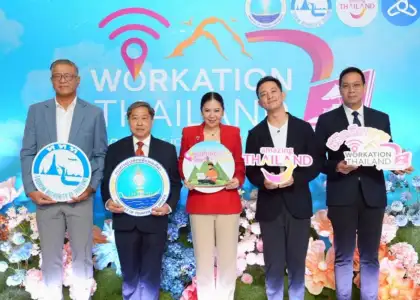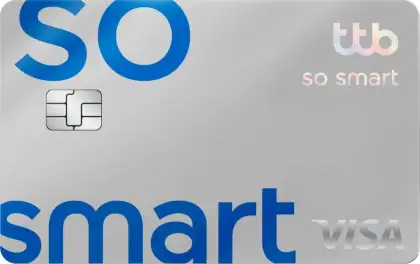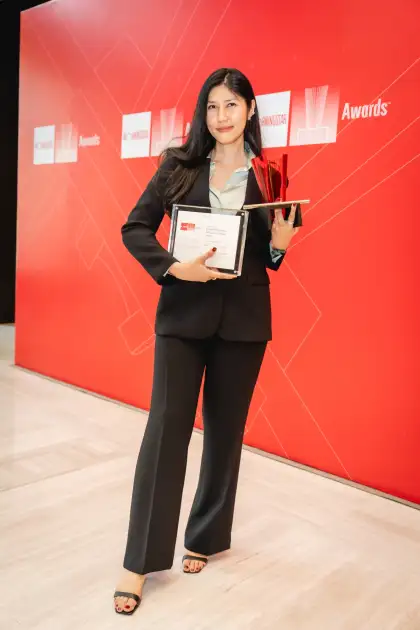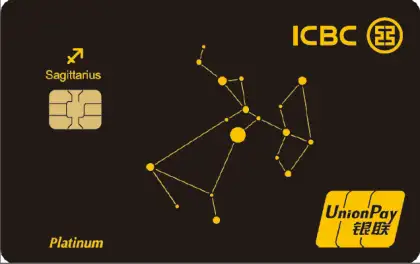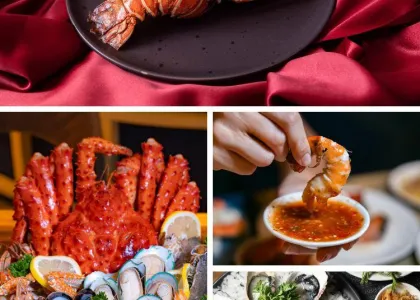Elevator Pitch: Chanapol Tantakosol, Co-founder of Agrifood Startup MUU
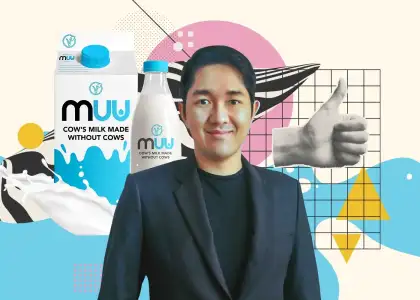
Non-fat or low-fat? Raw or pasteurised? Soy or oat milk?
There are a lot of types of milk available on the market that suit various preferences and dietary needs. Cow's milk, for one, has high nutritional value and versatility, but it also contains proteins that can trigger adverse reactions in some individuals, such as gastrointestinal and respiratory issues or, in severe cases, anaphylaxis. For those with cow’s milk allergies, exploring dairy alternatives not only eases the burden but also promotes sustainability.
According to a study published in 2018 by researchers at the University of Oxford, UK, a single glass of cow’s milk contributes three times more greenhouse gas emissions compared to plant-based alternatives. This is attributed to the land required for its production, which excretes a type of greenhouse gas called methane. On the other hand, oat and soy milk stand out as the most sustainable milk-based options, as these require minimal water and land usage and result in fewer carbon emissions in production.
In a bid to address sustainability and food security, Chanapol Tantakosol co-founded MUU, an agritech startup based in Bangkok dedicated to developing dairy alternatives — cow’s milk created without cows.
What sets MUU’s animal-free milk apart from traditional cow’s milk is its special microbes and proprietary fermentation techniques. They were able to crack the code to recreate the taste and functionality of the dairy sourced from cows, but MUU aims to foster a balanced, rich diet and promote animal welfare at the same time.
Curious about this innovation? The Beat Asia spoke with Chanapol as he discussed the importance of switching from dairy to plant-based milk, as well as MUU’s process of making animal-free milk.
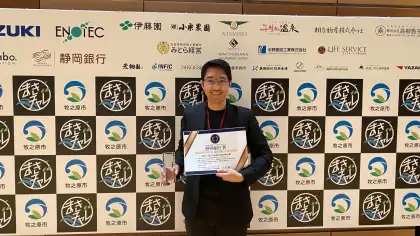
What inspired you to develop cow's milk without using actual cows?
In recent years, the escalating issues of food security, food sustainability, and climate change have become increasingly severe. Undoubtedly, traditional cow farming is a major contributor to these challenges. The urgency to shift away from conventional practices is apparent. Not only does cow farming contribute significantly to environmental concerns, but it also raises ethical issues related to animal cruelty prevalent in many farms. Additionally, traditional dairy products often contain lactose, causing allergies in almost 90% of Asians, along with hormones and cholesterol.
While plant-based alternatives like almond, oat, and soy milk exist, they carry distinct tastes that attract certain consumer groups but haven't gained mainstream acceptance (75% of consumers still choose cow's dairy). Recognising the need for a more widespread shift away from cow farming and cow products, we embarked on a mission to provide an alternative.
Our aim is to develop products that not only taste the same as traditional dairy but are also environmentally friendly, cruelty-free, and healthier. This transition is crucial to addressing the growing concerns about food security and sustainability.
Can you share the process of making animal-free milk through microbial fermentation and how it resembles traditional dairy?
To understand our process, let's go back to what defines milk — its four major components: protein, fat, sugar, and water. The taste and texture of milk are largely attributed to its proteins, specifically casein and whey in cow's milk. To create an alternative dairy that replicates the taste of cow's milk, we focus on producing these milk proteins.
Our innovative approach involves creating special microbes capable of synthesising cow's milk proteins. Similar to brewing beer, these microbes grow and produce proteins through fermentation. However, instead of producing alcohol, our unique microbes create milk proteins. After this fermentation process, we purify the milk proteins into powder.
The final step is the formulation process, where we take the protein powder and mix it with fat, sugar, and water to create milk. This entire process allows us to produce a dairy alternative that mirrors the taste of cow's milk without involving any cows in the production process.
Can you elaborate on the taste and texture of MUU’s milk and how it compares to regular milk?
While MUU's product is still in the development phase, feedback from those who have experienced it indicates a taste that currently leans towards 70%-80% similarity to cow's milk. Although it might exhibit a slightly watery and non-fat resemblance to cow's milk, it aligns with the taste profile of traditional dairy. This contrasts with plant-based alternatives, where the taste distinctly identifies them as plant milk rather than an equivalent to cow's milk. Our ongoing efforts aim to further refine the taste to achieve an even closer resemblance to the beloved flavour of conventional cow's milk.
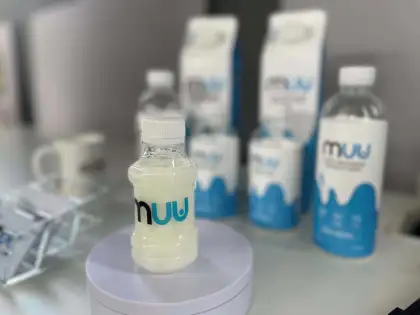
Do you distribute MUU's milk to cafes, restaurants, or culinary institutions as part of your supply network? If so, can you name a few of them?
As of now, our product has not yet entered commercialisation, as it is a novel food that requires FDA approval. We anticipate the commercial launch within the next 1-2 years. This timeframe allows us to go through regulatory standards while ensuring our innovative product meets all necessary approvals.
Once available, we envision introducing MUU's dairy alternative to cafes, restaurants, and culinary institutions. While specific names cannot be provided at this stage, we are eager to collaborate with diverse establishments to bring our cruelty-free and environmentally conscious product to a broader audience.
What challenges did you encounter in developing animal-free milk, and how did you overcome them?
The journey of developing animal-free milk presented multifaceted challenges, spanning technical complexities to regulatory intricacies. In addressing these hurdles, we were fortunate to receive robust support on various fronts.
Technically, our collaboration with private companies, leading universities, and networks like FoodInnopolis, Space-F, NIA, PMUB, PMUC, and TED Fund provided invaluable expertise and mentorship. These connections not only offered solutions to technical challenges but also provided links to regulatory bodies, facilitating smoother navigation through complex compliance requirements. The collaborative nature of our partnerships has been instrumental in overcoming hurdles and propelling our mission forward.
Can you explain the environmental and ethical advantages of your animal-free milk production compared to traditional dairy farming?
Our animal-free milk production at MUU boasts clear environmental and ethical advantages. From an ethical standpoint, our production process is cruelty-free since it involves no cows. In terms of environmental impact, our innovative process significantly reduces the ecological footprint compared to traditional dairy farming. By adopting animal-free milk production, we achieve a remarkable reduction of over 90% in greenhouse gas emissions, water usage, and land consumption. This aligns with our commitment to promoting sustainable practices and underscores the eco-friendly nature of our dairy alternative.
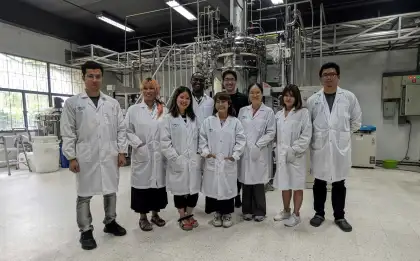
How does your organisation engage with the community or the public to raise awareness about animal cruelty and promote responsible practices?
Recognising the awareness among the public regarding animal cruelty in Thailand and many Asian countries, we acknowledge the widespread desire to avoid harm to animals. However, a crucial gap exists in the market: there's currently no alternative that aligns with both responsible practices and consumer taste preferences. Presently, consumers often face a choice between taste and responsible practices, as many alternatives compromise on taste.
At MUU, we believe that once a cruelty-free alternative with a taste similar to traditional dairy is available, the conversation will shift from "why (do I have to change?)” to ”why not.” We aim to bridge this gap by providing consumers with a choice that is not only ethically sound but also caters to their taste preferences, fostering a positive shift in consumer behaviour, and promoting responsible practices on a broader scale.
Looking forward, what are your company's goals for promoting animal-friendly practices, both within the organisation and industry-wide?
As we look to the future, MUU remains steadfast in its commitment to addressing critical issues like food security and sustainability. Our belief is rooted in the idea that offering alternatives that address these challenges without compromising taste is key to encouraging widespread adoption. We envision a future where consumers can make sustainable choices without sacrificing the flavours they love.
MUU's goals extend beyond our immediate organisational impact. By promoting animal-friendly practices industry-wide, we aim to contribute to a broader shift in the food industry. As food security and sustainability become increasingly crucial, our focus is on advocating for alternatives that not only address these global issues but also align with consumer preferences.
Ultimately, our goal is to be at the forefront of this shift, reshaping the narrative around responsible practices and fostering a sustainable future for the food industry.
This interview has been edited for clarity. Read more about Chanapol Tantakasol here. Stay informed on MUU’s latest updates by checking its website.
Enjoyed this article? Check out our previous Elevator Pitch profiles here.
Get the latest curated content with The Beat Asia's newsletters. Sign up now for a weekly dose of the best stories, events, and deals delivered straight to your inbox. Don't miss out! Click here to subscribe.








